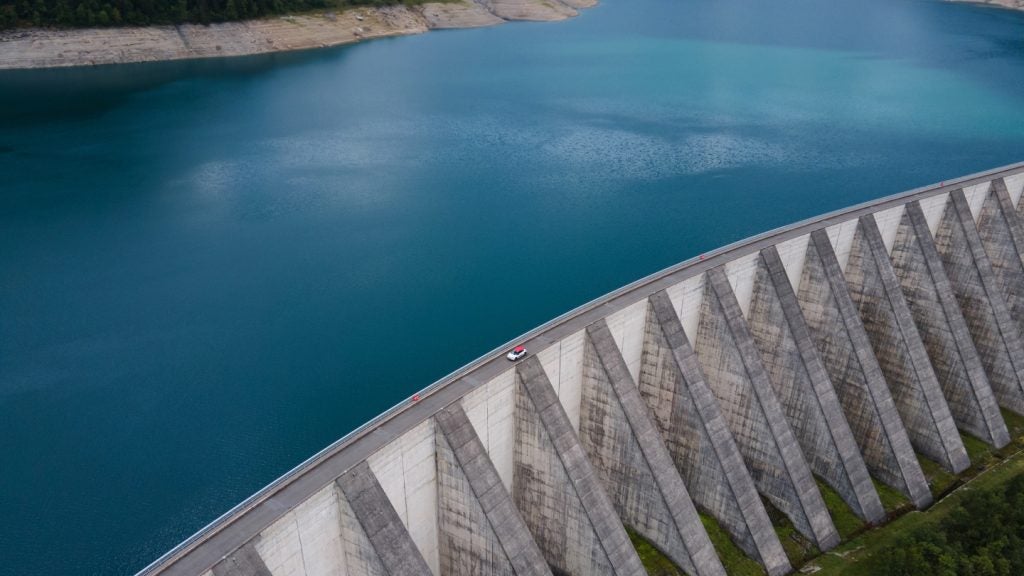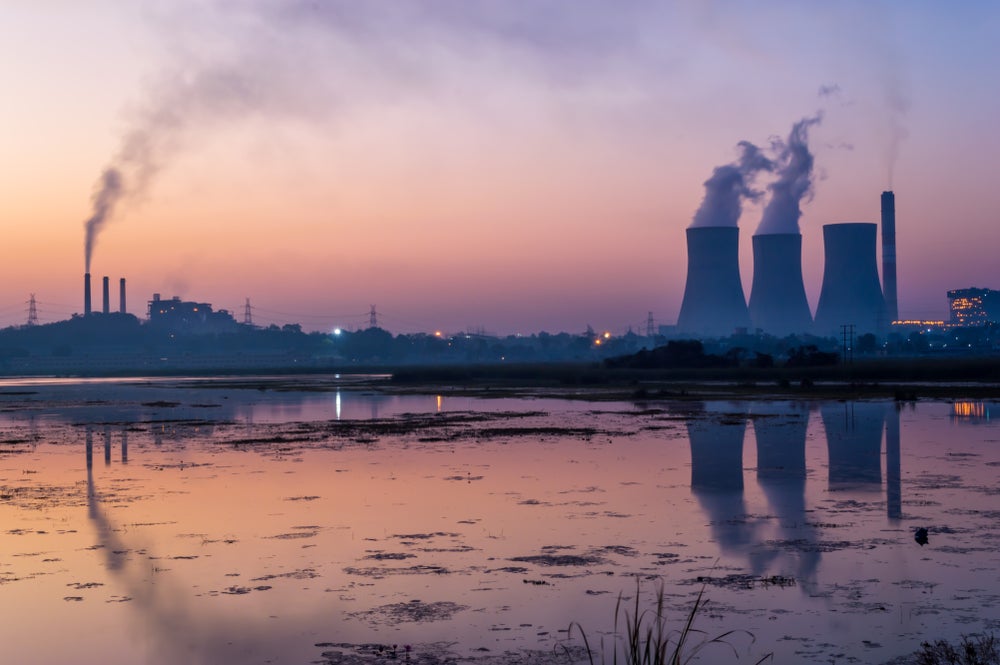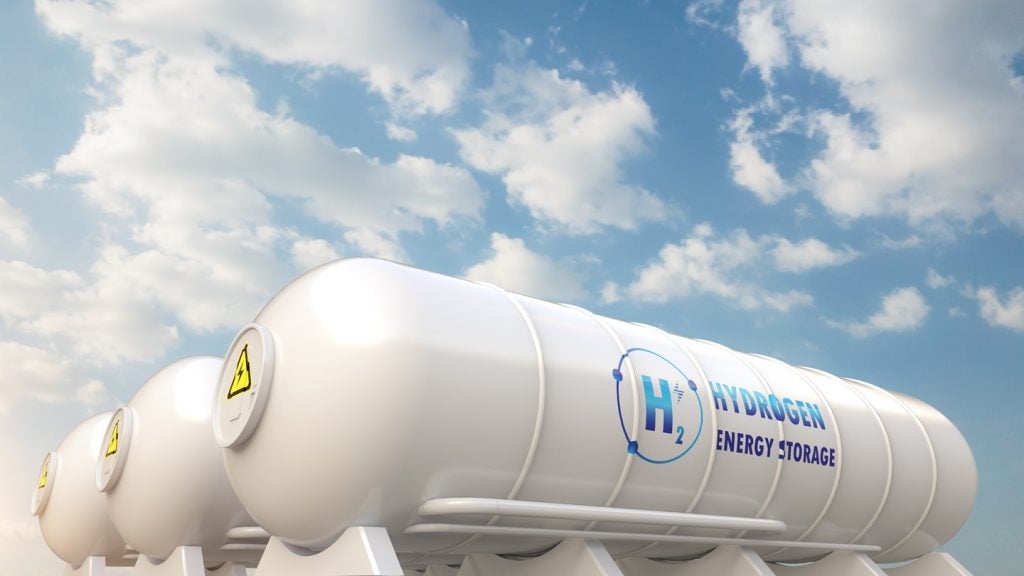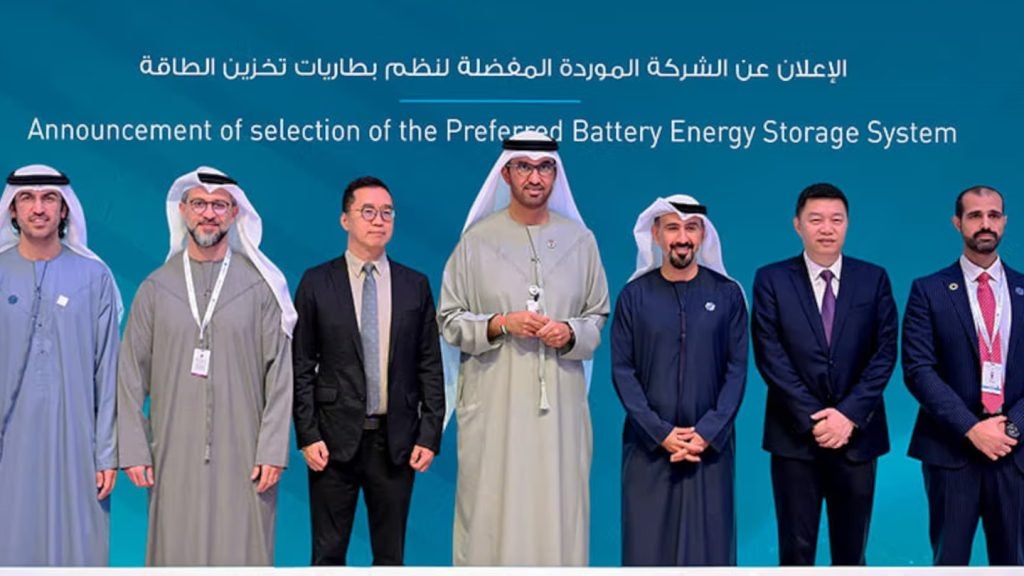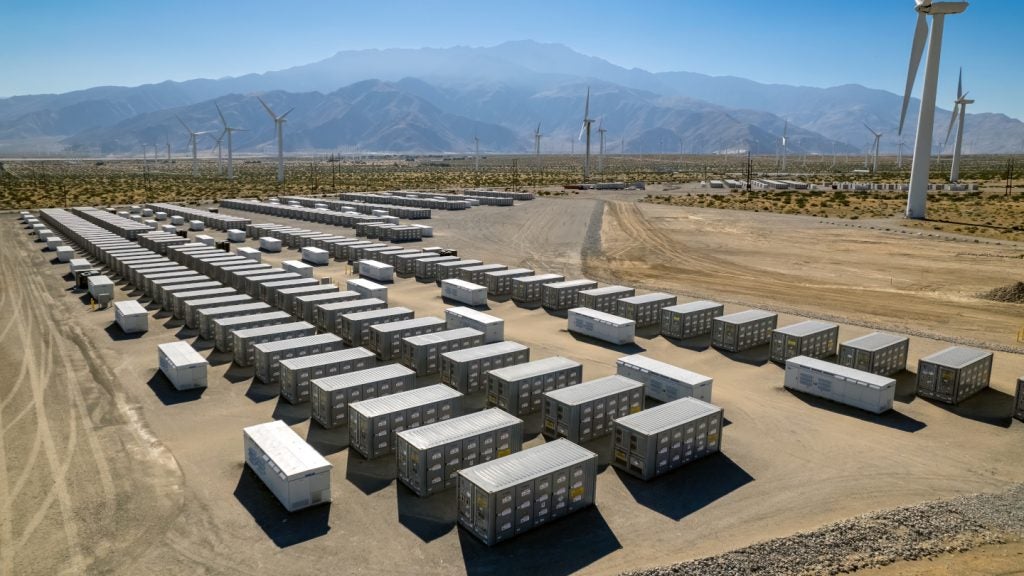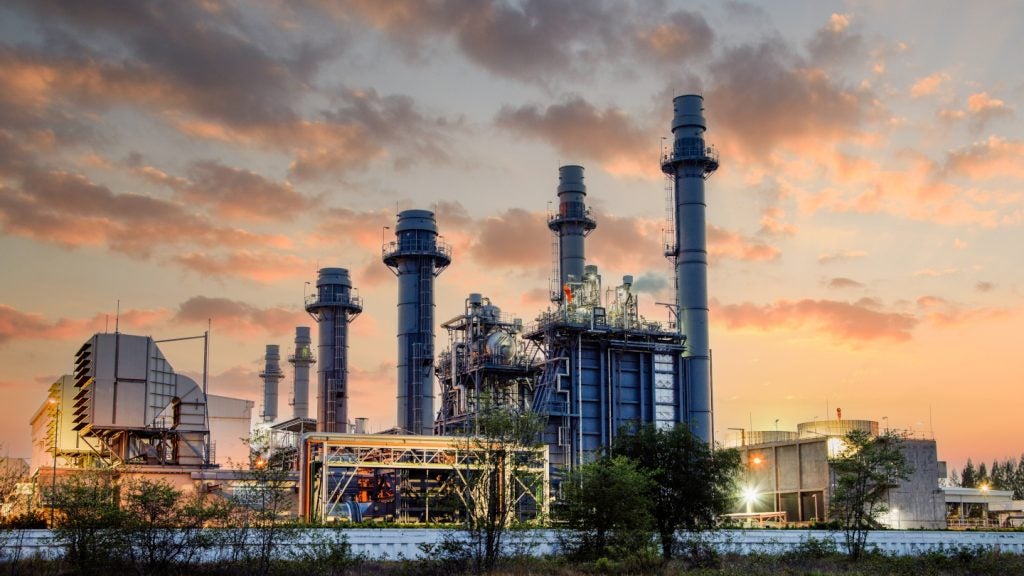Pacific Gas & Electric (PG&E) has secured a record $15bn loan guarantee from the US Department of Energy (DOE), marking a significant move in the energy sector.
This financial backing is part of the Biden-Harris administration's Investing in America agenda and is aimed at supporting PG&E's Project Polaris - a series of infrastructure investments.
The loan guarantee, the largest in the history of the US DOE's Loan Programs Office, will enable PG&E to undertake projects to enhance its service capabilities.
These include expanding hydropower generation and battery storage, upgrading transmission capacity with reconductoring and grid-enhancing technologies, and establishing virtual power plants across Northern and Central California.
These infrastructure enhancements are designed to help PG&E meet anticipated power demand growth, increase electric reliability and reduce costs for consumers throughout California.
The investment aligns with the Biden-Harris administration's Justice40 Initiative, aiming to ensure that 40% of certain federal investments' benefits reach disadvantaged communities.
PG&E has committed to focusing many of these projects in areas identified as disadvantaged by the Climate and Economic Justice Screening Tool.
The utility company will work closely with local governments, Native American tribes, community-based organisations and low-and-middle-income customers to maximise community benefits through expanded outreach programmes.
PG&E will also collaborate with the International Brotherhood of Electrical Workers (IBEW) Local 1245 through its PowerPathway programme to train and employ individuals from underserved groups in operational roles.
With two-thirds of its workforce covered by collective bargaining agreements with unions, PG&E anticipates that these investments will support several construction and operations jobs upon full deployment.
In a separate development in early January 2025, the US DOE’s Loan Programs Office (LPO) conditionally offered $22.92bn in financing to eight energy utilities across 12 states.


